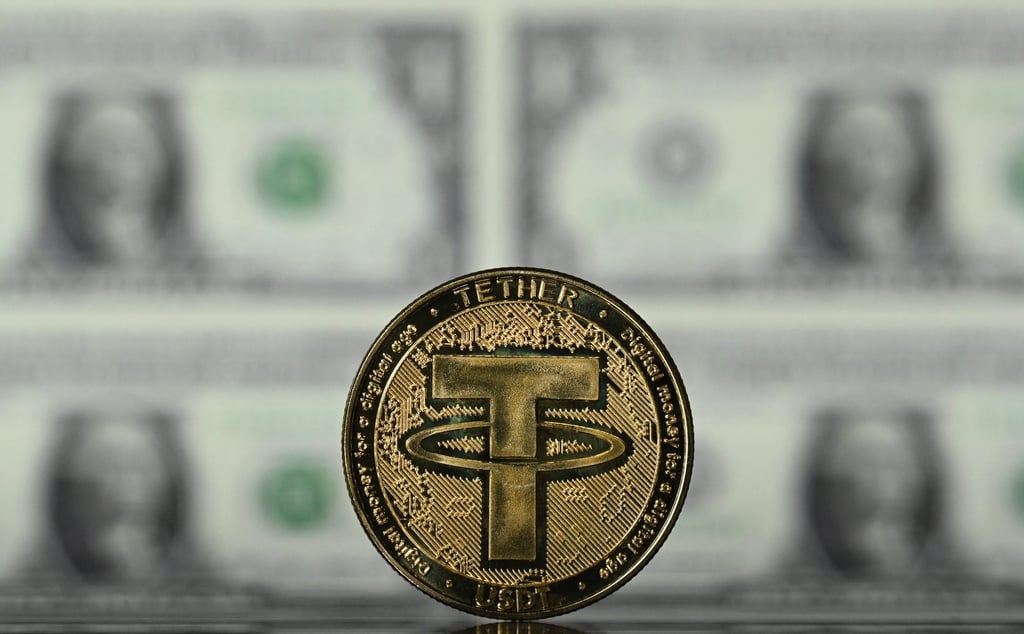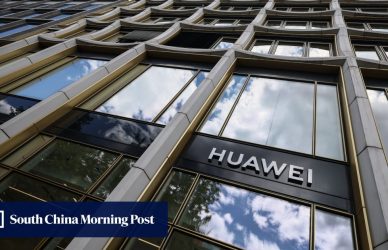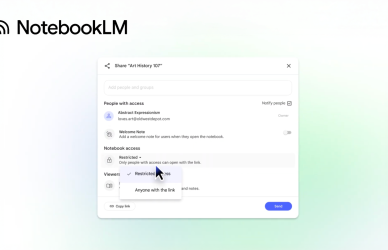Hong Kong’s move to legalise stablecoins – cryptocurrencies that maintain a fixed value by being pegged to a reference asset – is grabbing the attention of mainland institutions, as a leading Chinese brokerage predicts a boom in tokenised real-world assets (RWA) in the city.
While Beijing has remained largely quiet on Hong Kong’s new stablecoin bill in the two weeks since it was passed, paving the way for the issuance of such assets in the city, discussions about the market and geopolitical implications have intensified on the mainland.
Analysts at Citic Securities wrote in a note published on Tuesday that stablecoins could help mainland companies roll out their RWA projects in Hong Kong, as they could serve as stabilising tools that increase market liquidity.
The new law would also help the city develop interfaces for digital currency payment and settlement, according to the note led by analyst Yang Zeyuan.
Ying Ying, an analyst at Chinese brokerage CSC Financial, also wrote in a research note that Hong Kong has entered a stage of “accelerated growth” of tokenised RWAs.

Stablecoins, which are typically backed one-to-one with fiat currency such as US dollars, have recently drawn widespread attention, as financial regulators around the globe have started to focus on the specialised cryptocurrencies, which some see as potentially destabilising. The same week Hong Kong passed its stablecoin bill, the US Senate advanced its own bill called the Genius Act, which also focuses on these assets.










